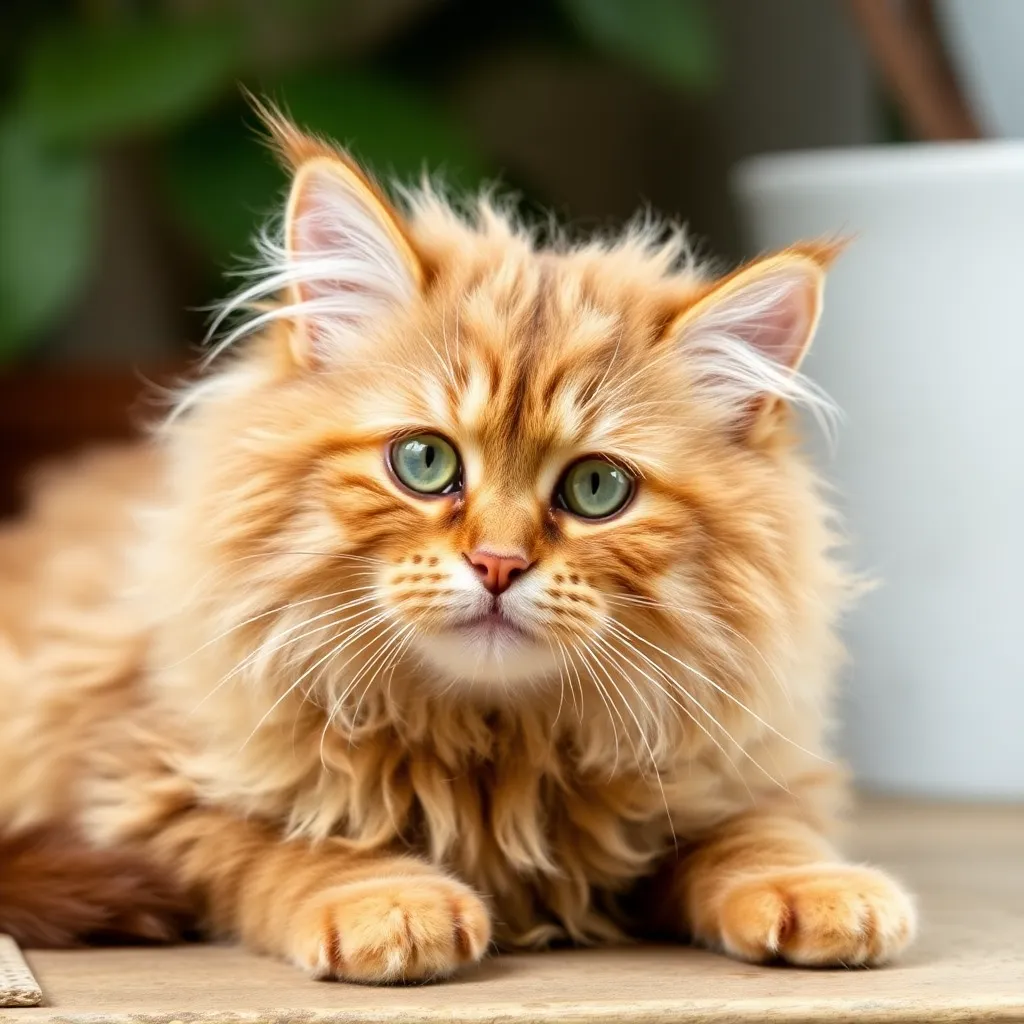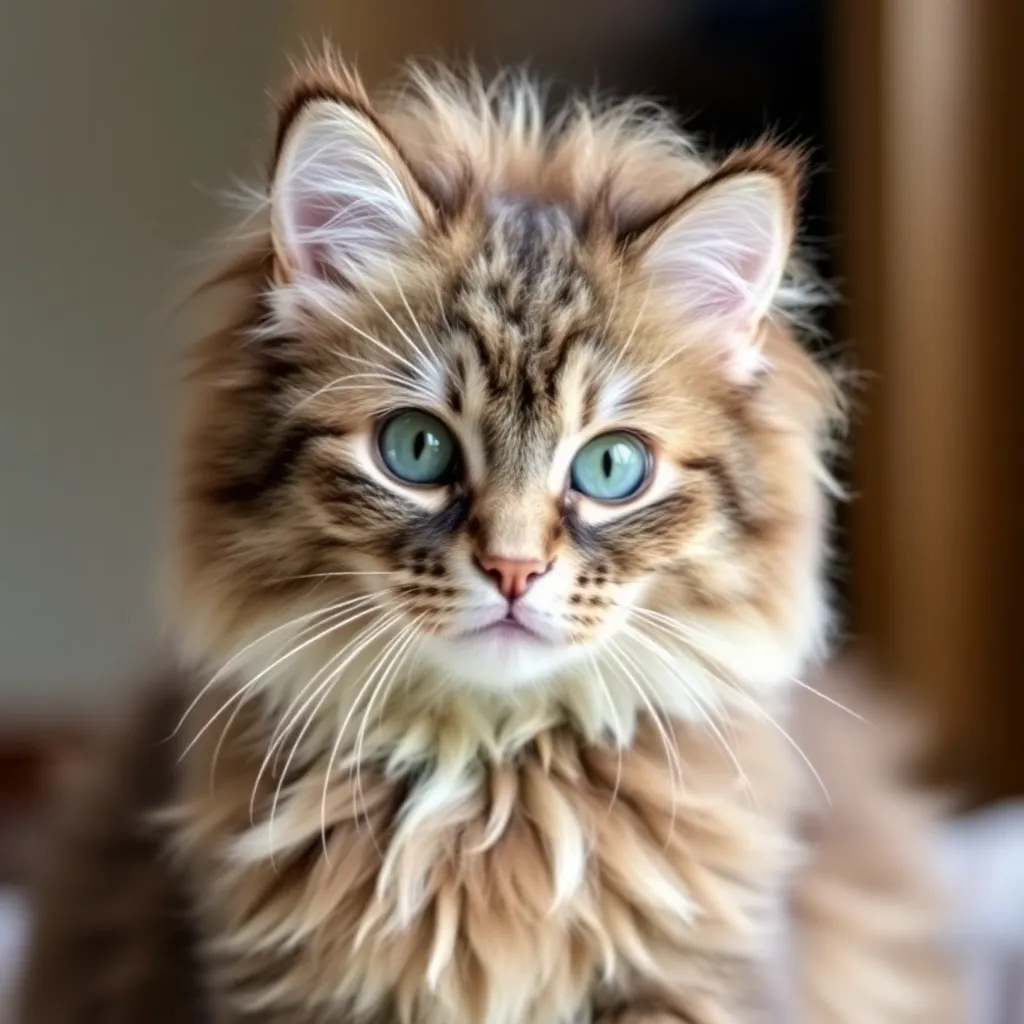Many people consider getting a furry friend, but they worry about allergies from fur. Cats with curly hair, like the Cornish Rex and Devon Rex, often raise special concerns. This list isn’t exhaustive, but while no cat is completely hypoallergenic, some breeds may ease allergy symptoms. Sensitive skin isn’t an issue here, so let’s focus on allergies and curly-haired cats. These breeds might be slightly more allergy-friendly.

Understanding Cat Allergies
Allergens that trigger cat allergies mainly come from proteins in cat saliva, skin, and dander. The protein Fel d 1 is the main culprit. When cats groom themselves, they spread this protein onto their fur. As they shed, Fel d 1 is released into the environment, sticking to surfaces and floating in the air. Millions of people are allergic to Fel d 1; it makes them sneeze, itch, and even struggle to breathe. For some, the effects are mild but bothersome. However, for others, exposure to Fel d 1 can be seriously harmful.
Allergens Produced by the Curly Hair of Cats
Curly-haired cats stand out from other cats with their unique, wavy coats. Their fur texture helps trap more dander and loose hair, potentially releasing fewer allergens into the air. Studies show that certain curly-haired breeds, like the Cornish Rex, also produce less of the allergenic protein Fel d 1 compared to others. While they aren’t completely allergen-free, these cats might be a better option for people with mild allergies. Their distinctive coats and lower Fel d 1 levels make them worth considering for those who are sensitive but still want a feline companion.
A Lower Level of Dander and Shedding
Curly-haired cats typically shed less than their straight-haired counterparts, which makes them ideal for allergy sufferers. This reduced shedding means fewer hairs and dander particles are released into the air, helping to create a cleaner home environment. For people with allergies, this can make a big difference in daily comfort. However, it’s still essential to regularly manage loose fur and dander. Frequent grooming and cleaning are important to keep allergens to a minimum, helping maintain a fresher, more allergy-friendly space.
Individuals Response will Incur Variety
Allergic reactions vary greatly from person to person. Some people find comfort with curly-haired cats, while others still experience symptoms. The best way to decide if a curly-haired breed is right for you is to spend time with that specific breed. By doing so, you can test your reaction firsthand. This trial period allows you to see if a curly-haired cat is compatible with your sensitivities before bringing one home.
How to conquer the beast that is your allergies
If you have a curly-haired cat in your home, there are several ways to help minimize allergic reactions. Daily grooming reduces allergen-laden dander and stray hairs. Keeping a clean, organized home also limits your exposure to allergens. Using air purifiers can further filter out airborne particles, creating a fresher environment. Regularly cleaning surfaces and washing bedding removes lingering allergens. By taking these steps, you can create a more allergy-friendly space, making life with your cat more comfortable.
Final Thoughts
Although they are not completely hypoallergenic themselves, curly haired cats are more likely to be the more popular cats for those who suffer from allergies. This can lead to a more pleasant living environment for them because of their one of a kind coat structure and potential to produce less allergens. In this case, individual reactions may be radically different and it’s important to assess your individual sense of sensitivity to the substance. If you are looking to get one of these gorgeous, one of a kind fuzzy companions, then it can help you decide to get them if you know curly haired cats and allergies.


